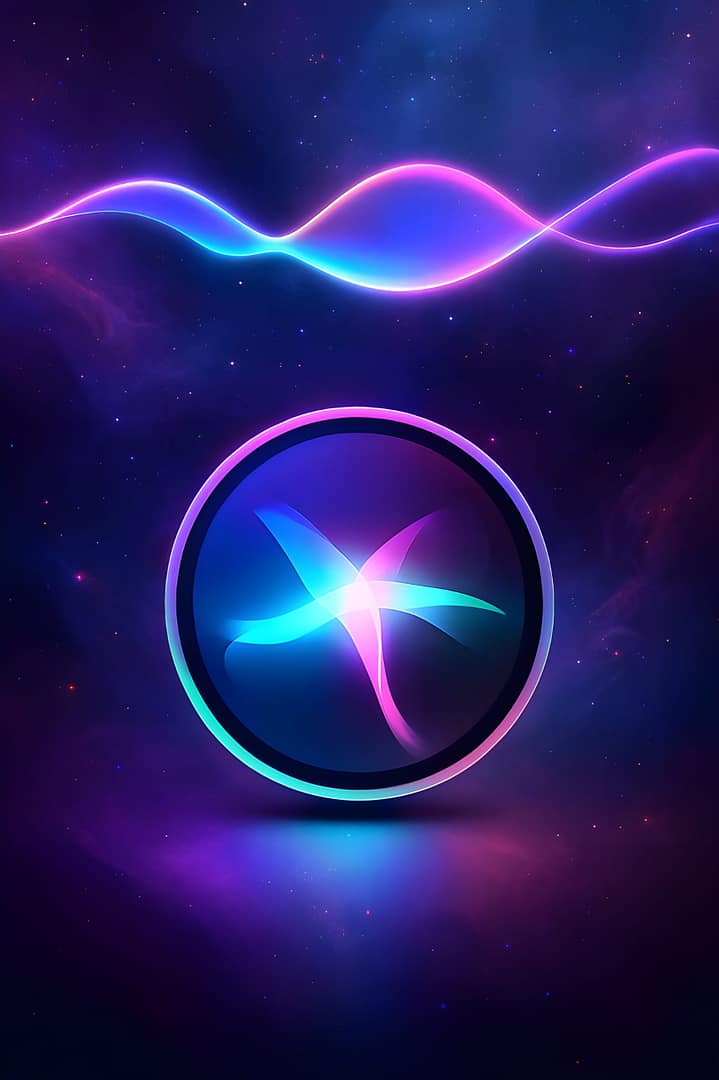Apple’s competitiveness in the wider sphere of consumer tech hinges on its ongoing efforts to imbue utilitarian, AI-driven features to its bespoke voice assistant, Siri.
Yet, as per some anecdotes that are now leaking out of its labyrinthine halls, Apple’s Siri revamp is facing ongoing performance shortfalls.
Mark Gurman: “There Are Concerns From Some People Testing iOS 26.4 – The OS Version Slated To Include The New Siri – About The Voice Assistant’s Performance”
Bloomberg’s Mark Gurman is out with another scoop today, this time focusing on Apple’s continuing struggles to revamp Siri.
According to Gurman, some Apple engineers are now concerned about the performance of the new Siri, which is expected to ship with the iOS 26.4 build in the spring of 2026.
While Gurman does not cite any specific concern around the revamped Siri, we know from Bloomberg’s reporting back in August that Apple engineers were struggling to ensure that Siri performed adequately across apps, and in critical scenarios such as banking.
Bear in mind that Apple has been working to introduce the following handy features in its upcoming iOS 26.4 build:
- In-app Actions
- Siri should be able to carry out context-based tasks within supported apps via voice commands. This includes adding an item to a grocery list, sending a message through the messaging app, or playing music.
- Personal Context Awareness
- Siri would soon be able to leverage personal data to offer tailored services such as scouring the Messages app to find a specific podcast mentioned in a text conversation.
Did Apple’s Flailing AI Strategy Precipitate The Departure Of A Key AI Executive Who Was Developing ChatGPT-Like Web Search For Siri?
Today’s reporting provides a possible motive behind the sudden departure of Ke Yang, who was appointed the head of Apple’s Answers, Knowledge and Information (AKI) team only weeks earlier, and is now reportedly leaving for a lucrative stint at Meta Platforms Inc.
Do note that the AKI team has been working on equipping Apple’s bespoke voice assistant, Siri, with the ability to pull user-requested information directly from the web, akin to what OpenAI’s LLMs now do as a matter of routine.
Our readers would remember that Apple had blamed Siri’s V1 architecture for its performance shortfalls a few months back, with Craig Federighi, Apple’s Senior Vice President of Software Engineering, pinning the company’s AI hopes on the voice assistant’s completely revamped V2 architecture:
“We found that the limitations of the V1 architecture weren’t getting us to the quality level that we knew our customers needed and expected…if we tried to push that out in the state it was going to be in, it would not meet our customer expectations or Apple standards and we had to move to the V2 architecture.”
Apparently, Siri’s V2 architecture is also suffering from its share of teething problems, judging by Gurman’s reporting today.
Follow Wccftech on Google or add us as a preferred source, to get our news coverage and reviews in your feeds.






